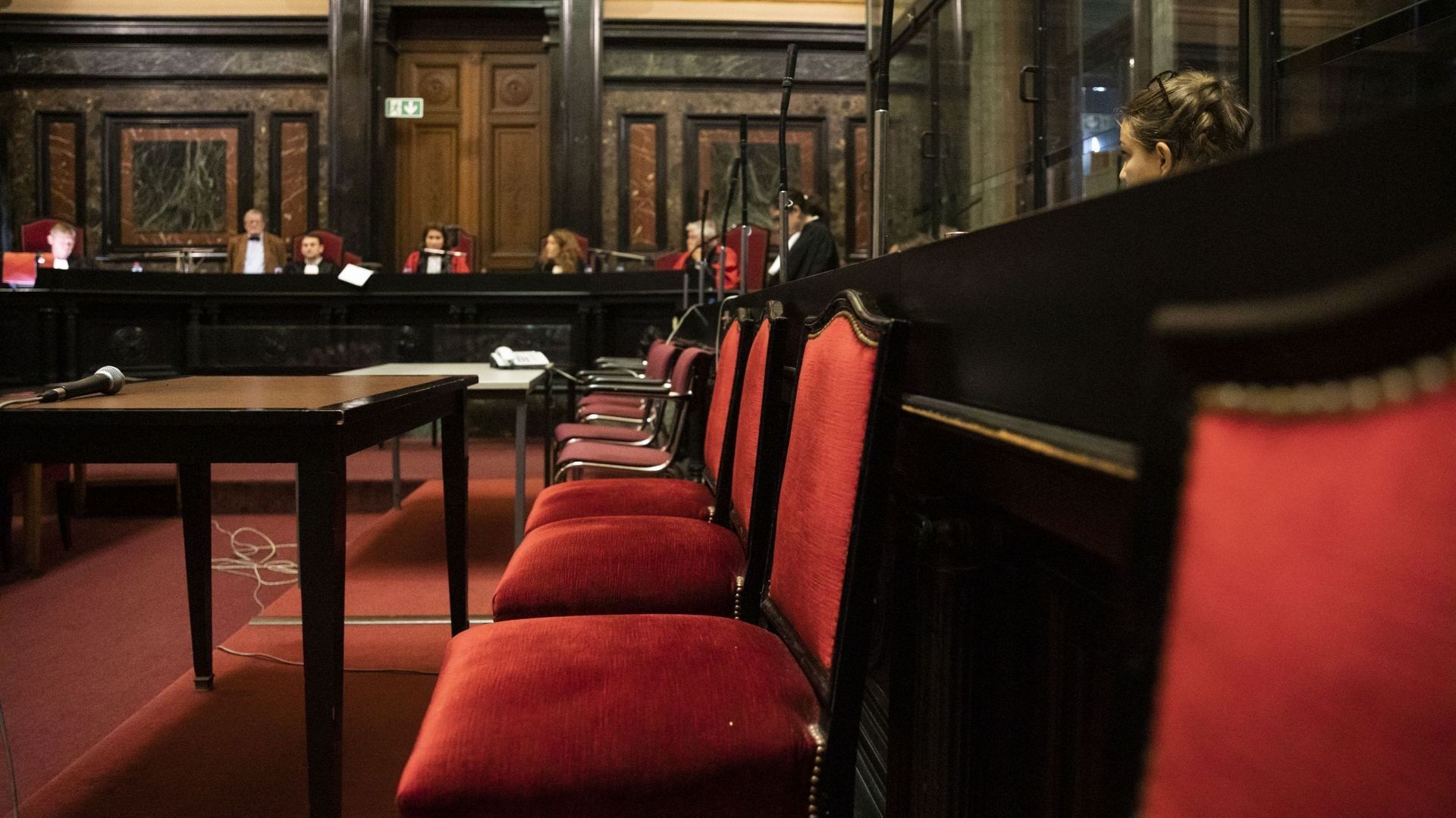General criminal law
General criminal law determines the acts and behavior punishable by penalties. It also sets out the principles of criminal liability, the causes of justification and excuses, as well as the causes of mitigation or aggravation of sentences.
The behaviors sanctioned by criminal law are commonly referred to as offenses, and these fall into three broad categories. We will talk about a contravention before a Police Court, an offense before a Correctional Court, a crime before an Assize Court.
-
The prisoner
He is the one for whom there are indications of guilt, and if he is detained, he will have to appear regularly before the Council Chamber which will examine whether the extension of the arrest warrant is justified or not with regard to various legal criteria. very specific.
-
The accused
He is the one who, once the investigation is over, is referred to a “Tribunal Correctionnel” because there are enough charges against him.
-
The convicted
He is a person who was sanctioned by the Tribunal on the basis that there was evidence in his regard of the commission of the offense.

-
Homicides
-
Violent robbery
-
Scams
-
Forgery and use of forgery
-
Drug trafficking
-
Criminal organization
-
Concealment
-
Intentional assault and injury
-
Tortures
-
Sequestration
-
Rebellion
-
Corruption, money laundering
-
Computer fraud
-
Arson
Throughout the procedure, there will therefore be an evolution of the elements of the case following the investigation by the investigating magistrate, these elements initially being clues that can be transformed into charges and perhaps become evidence.
It is therefore during this investigation that the criminal lawyer will be particularly attentive to respect for the rights of the defense. He will consult the file, discuss the contents with his client in prison, objectively analyze the facts, verify the legality of the proceedings and plead for provisional release.
He may also ask the examining magistrate for many additional duties in an attempt to destroy existing clues, or even propose conditions of release to the same judge.
Everyone is affected by criminal law, both as an offender and as a victim of an offense.
Delinquency or the criminal phenomenon.
All the offenses committed in a given state constitute delinquency, or even the criminal phenomenon.
Criminal law: a constant dilemma.
Criminal law is of theoretical or philosophical importance insofar as the rules of criminal law affect the security of society on the one hand and the liberty of individuals on the other. It’s a constant dilemma.
Prison makes harmonious reintegration and a respectable life in society difficult, if not impossible.
It is a system that crushes personalities and draws detainees into a vicious cycle of aggression and violence.
“All human beings are born free and equal in dignity and rights. They are endowed with reason and conscience, and must act towards one another in a spirit of brotherhood ”
(Article 1 of the Universal Declaration of Human Rights – December 10, 1948)
Criminal law of business
Business criminal law is the set of legal rules concerning offenses that may occur in the course of business, but also all of the economic rules that can be sanctioned criminally.
Read moreContact us
Send us an e-mail and we will reply within 24 hours.